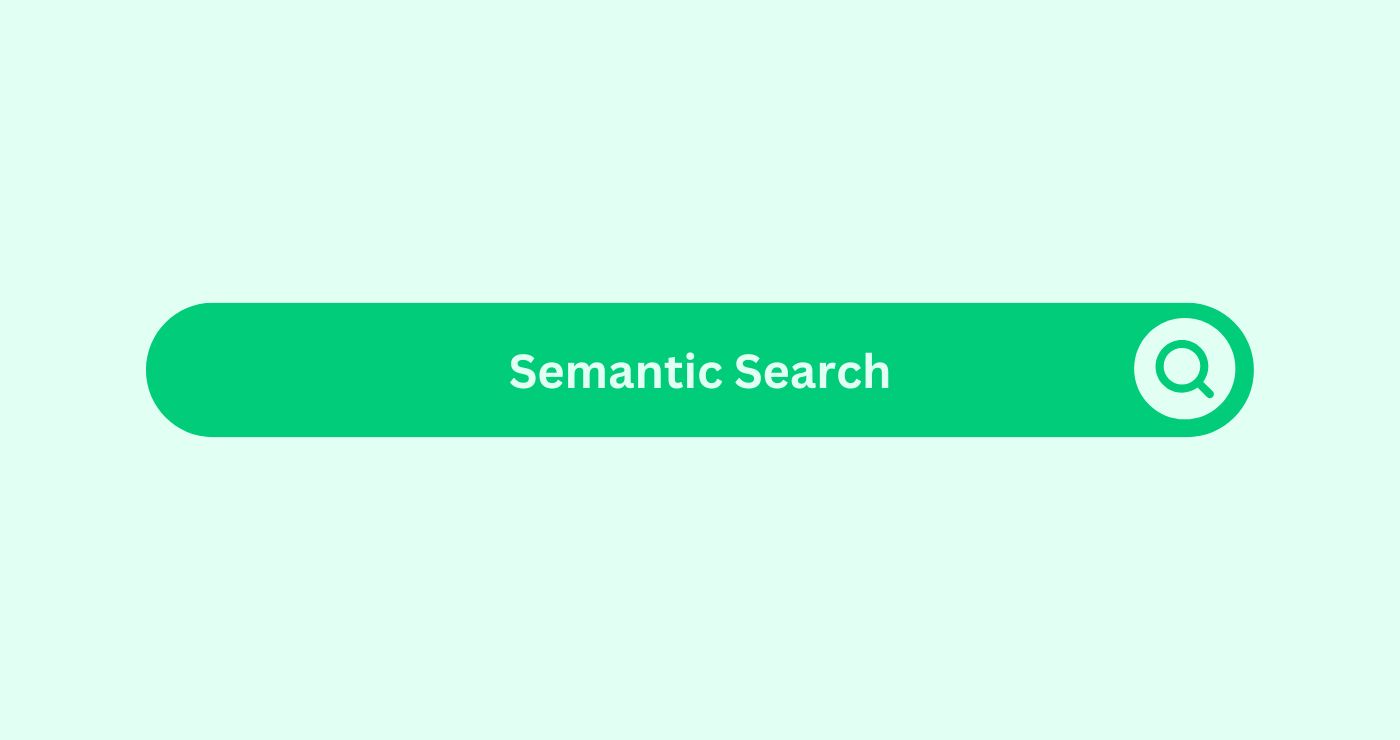What is Semantic Search in AI Terms in Content MarketingDefinition Content marketing strategically creates and share...?
Semantic Search in AI terms refers to the capability of search engines to understand the intent and contextual meaning behind user queries, not just matching keywordsDefinition Keywords are crucial for SEO success as they conn.... In content marketingDefinition Content marketing strategically creates and share..., it empowers digital strategies by focusing on relevanceDefinition In SEO, relevance refers to the degree to which a..., searcher goalsIn the SEO space, "Goals" refer to specific, measurable obje..., and natural language understanding. Rather than targeting isolated keywordsDefinition Keywords are crucial for SEO success as they conn..., it interprets the broader context of phrases, synonyms, and user behaviourDefinition What is User Behaviour in Social Media Marketing?... patterns.
This AI-driven approach transforms how a Performance Marketing Agency structures website content. Instead of stuffing exact-match keywordsDefinition Keywords are crucial for SEO success as they conn..., marketers develop topic clusters and rich, meaningful content that resonates with search engines and human users alike. Especially for regions like Digital Marketing Auckland, Semantic Search helps attract the right local audienceDefinition The term "Audience" refers to the group of indivi... by responding to voice searches, questions, and long-tail queries with precision.
Real-World Application
Imagine an SEO Company in New Zealand wants to rank for the phrase “best solutions to increase local business visibility.” Traditional search engines might match only “increase business.” But with Semantic Search, Google connects the queryIn the realm of SEO (Search Engine Optimisation), a query re... with relevant results like “local SEODefinition Local SEO in social media marketing boosts online... services,” “visibility strategy,” and “digital branding for small businesses.”
For example, the company’s blog might say:
“Our digital solutions improve visibility for local businesses in Auckland by enhancing location-based relevanceDefinition In SEO, relevance refers to the degree to which a... through structured content planning, metadata alignment, and customer journey mappingDefinition Customer Journey Mapping in AI Terms in Content M....”
Thanks to Semantic Search, Google identifies the relationship between terms like “visibility,” “local business,” and “Auckland digital services,” even if the searcher didn’t type those exact words.
Simple Formula
Semantic Search scoring involves context, relevanceDefinition In SEO, relevance refers to the degree to which a..., and intent. Here’s a breakdown in a simple formula:
| Metric | Description | Value Assigned |
|---|---|---|
| QueryIn the realm of SEO (Search Engine Optimisation), a query re... RelevanceDefinition In SEO, relevance refers to the degree to which a... Score | Matches intent and surrounding phrase accuracy | 0.30 |
| Entity RecognitionDefinition In content material advertising, "entity populari... | Identifies named entities or key concepts | 0.25 |
| Synonym Coverage | Detects variations and related expressions | 0.15 |
| Context Depth | Measures topic clusteringDefinition Clustering is an AI technique used to group simil... and internal linkingWhat is Internal linking? Internal linking refers to the pra... | 0.20 |
| Natural Language Fit | Detects fluidity, tone, and conversational value | 0.10 |
| Total Score | Combined weight | 1.00 |
So, if your Digital Marketing Agency Auckland writes an article about “growing brand loyalty with hyperlocal SEO,” and it includes semantic relevanceDefinition In SEO, relevance refers to the degree to which a... with synonyms like “customer retention,” “repeat visitors,” or “location-based marketing,” Google understands the semantic structure and boosts the ranking accordingly.
Key Takeaways
- Semantic Search interprets queries based on user intent, not keyword frequencyDefinition Frequency in Social Media Marketing refers to the....
- Content with related concepts ranks better than keyword-heavy copy.
- Topic-based content improves discoverability for Digital Marketing Auckland firms.
- Structured internal linkingWhat is Internal linking? Internal linking refers to the pra... boosts semantic relevanceDefinition In SEO, relevance refers to the degree to which a... in SEO campaigns.
- Voice search optimisationDefinition Voice Search Optimisation- Businesses need to adj... is seamless with Semantic Search strategies.
FAQs
How does Semantic Search improve visibility for a Performance Marketing Agency?
Semantic Search allows agencies to tailor content to user intent, improving SERP rankings and engagementDefinition Engagement in content marketing refers to the deg... rates.
Why is Semantic Search crucial for Digital Marketing Auckland businesses?
It helps target local queriesDefinition Local SEO queries involve users seeking products ... more naturally, enhancing relevanceDefinition In SEO, relevance refers to the degree to which a... for location-based services.
How does Semantic Search differ from traditional keyword SEO?
It focuses on meaning and context, whereas traditional SEO mainly targets exact-match terms.
Can small businesses benefit from Semantic Search in AI Terms in Content Marketing?
Yes, especially when using content that answers specific customer queries and incorporates structured topic clusters.
Is it necessary to use AI tools to implement Semantic Search?
While not mandatory, AI tools can accelerate keyword clusteringDefinition Keyword clustering involves the categorization of... and content mapping effectively.




